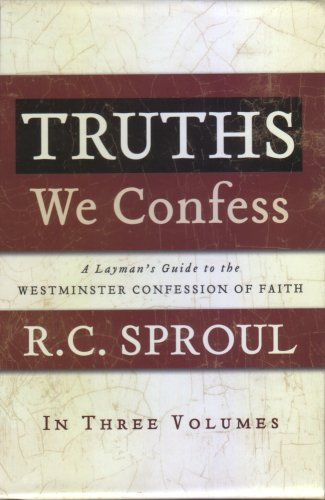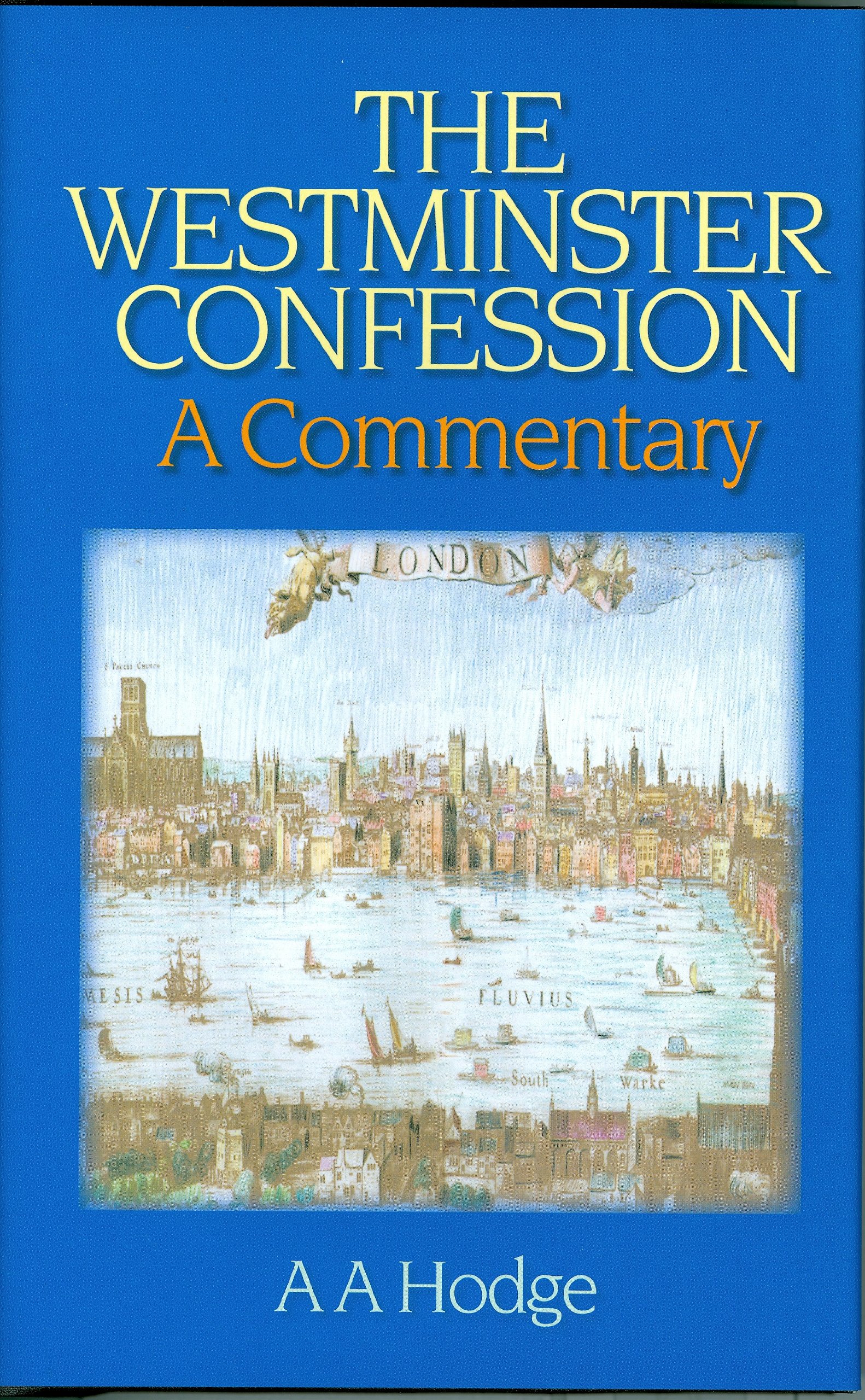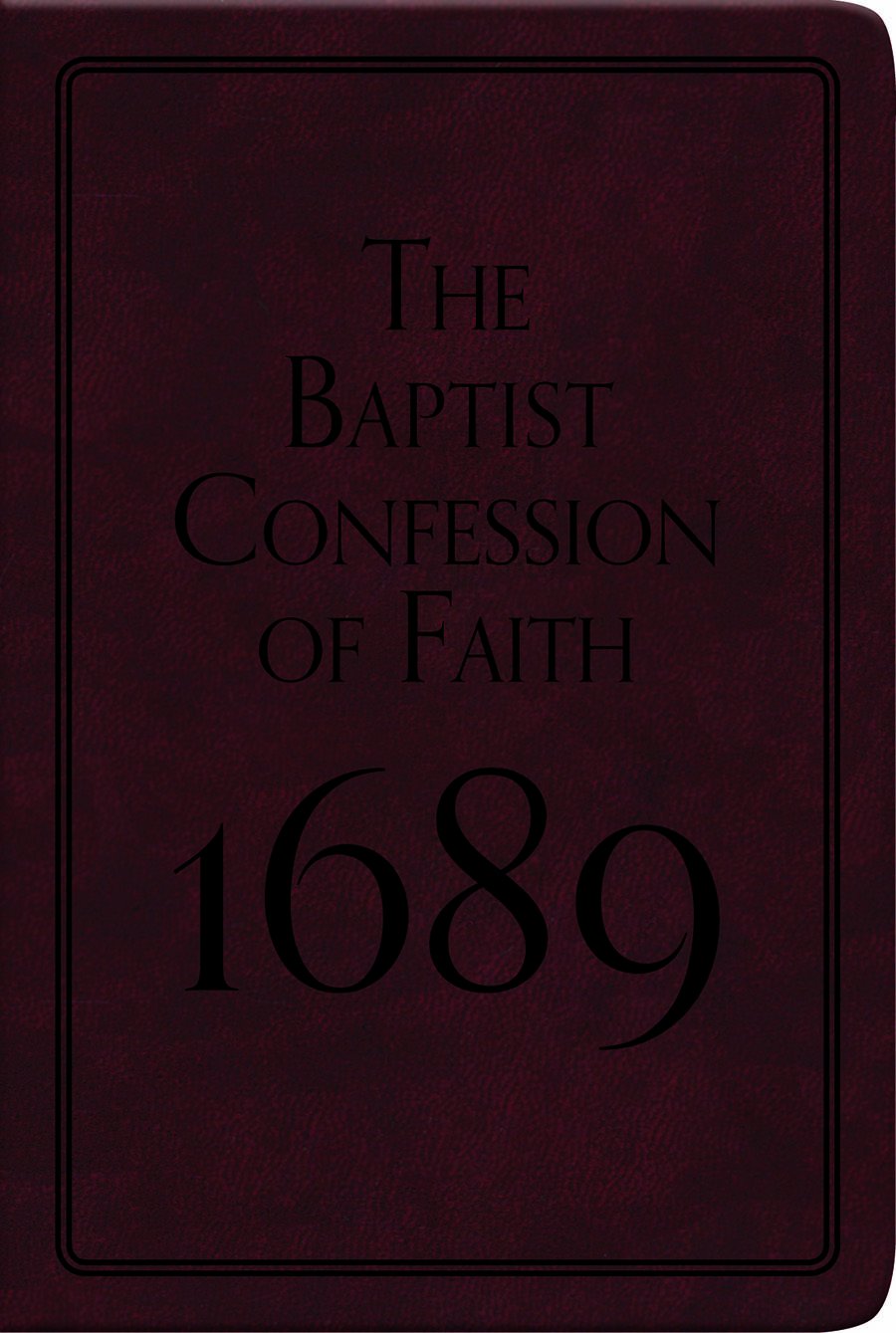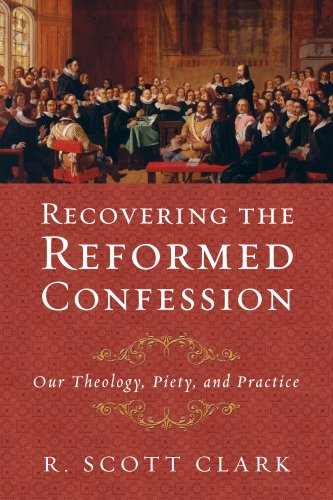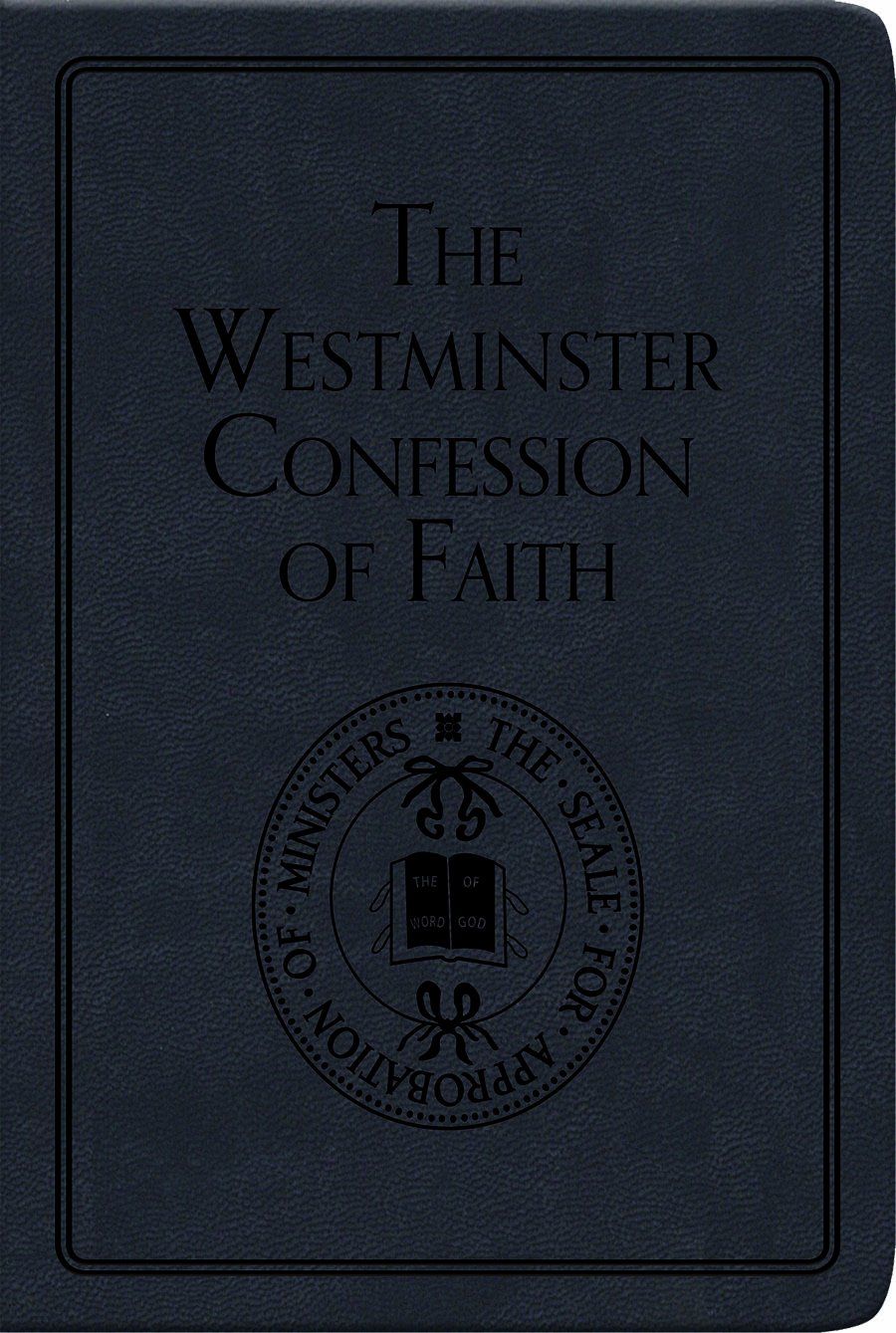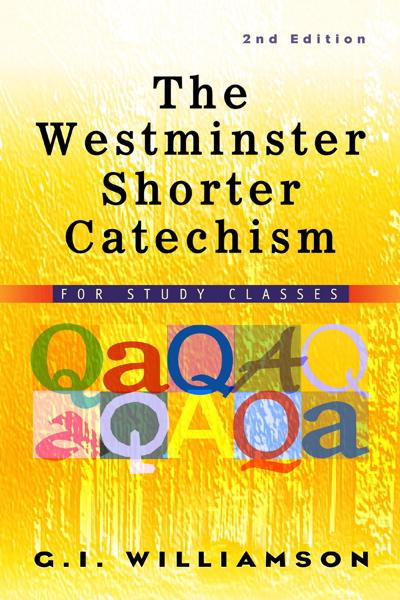Excerpts from William Symington, ‘Historical Sketch of the Westminster Assembly of Divines,’ in Commemoration of the Bicentenary of the Westminster Assembly of Divines, by the Synod of the Reformed Presbyterian Church in Scotland, Glasgow, 1843.
The Westminster Assembly, it is well known, was convened by an ordinance of Parliament. In the year 1641 the ministers of London had petitioned both Houses to use their influence with the King to obtain a free Synod, for the purpose of taking under consideration the state of the country in regard to religious matters. The Grand Remonstrance of December 1 contained the following clause: ‘We desire that there may be a general Synod of the most grave, pious, learned, and judicious divines of this island, assisted with some from foreign parts, professing the same religion with us, who may consider of all things necessary for the peace and good government of the church.’ A Bill to the same effect, afterwards introduced into the Treaty of Oxford, was rejected by King Charles. And, after various unsuccessful attempts to obtain the royal concurrence, the Parliament found themselves compelled to convene the Assembly on their own responsibility, which accordingly they did by turning the bill into an ordinance.
An Advisory Assembly
In forming an accurate idea of the constitution of the Westminster Assembly, several elements must be taken into account: the character which it held, the authority by which it was called, the circumstances of the country at the time, the individuals of whom it was composed, and the end which it was designed to accomplish. It is, first of all, to be distinctly observed that the Westminster Assembly was not a church court. Its character was deliberative, consultative, advisory, not judicial or ecclesiastical. The very title of the ordinance has these words, ‘to be consulted with by the Parliament.’ The concluding sentence sets this matter at rest: ‘Provided always, that this ordinance or anything therein contained, shall not give unto the persons aforesaid, or any of them, nor shall they in this assembly assume to exercise any jurisdiction, power, or authority ecclesiastical whatsoever, or any other power than is herein particularly expressed.’
The Assembly, accordingly, assumed no authoritative power, claimed no right to enact or enforce, but professed only to hold consultation, to offer advice, to set forth opinions, without arrogating to itself any other influence over the sentiments and consciences of others than what necessarily belonged to the evidence, rational or scriptural, by which the statements put forth were supported. It was a Convocation rather than a Synod. This ought to be distinctly marked, and kept constantly in view. The circumstances of the case were such as to preclude its having an ecclesiastical character, agreeably either to the Prelatical (that is, the Episcopal), to the Presbyterian, or to the Independent form of church polity.
It is true that some things, which in another state of affairs might have properly fallen within the province of ecclesiastical courts, were transacted by the Assembly. Erroneous publications, particularly of an antinomian complexion, were examined and condemned, and the authors of them virtually censured. Trial discourses, by persons designed to supply the churches of the sequestered ministers, were heard and pronounced upon from time to time. But the Assembly, after the members had expressed their opinion, took no farther judicial step, but referred the ordination of the individuals in question to a committee appointed for this purpose, consisting of the ministers of London, who were invested with this power on the reasonable ground, that ‘in extraordinary cases something extraordinary might be done, keeping always so near to the rule as may be.’ Such things as these, however, did not, and could not, change the nature of the Assembly. And even had it, in its proceedings, deviated in some degree or for a time from its proper constitution – which we are not to be understood as conceding, excepting for the sake of argument – such deviation could not have sufficed to invest it with the quality of an ecclesiastical court, in express contravention of the enactment to which it owed its existence, and which, of course, must be held decisive of its true constitutional character.
Convened by Civil Authority
The Assembly, it is also to be remarked, was convened, as we have seen, by civil authority. That it was competent to Parliament to take such a step may be denied by some and granted by others, but will not, of course, be disputed by any of those who have given an intelligent and conscientious assent to the clause in the twenty-third chapter of the Confession of Faith, which affirms that ‘the civil magistrate hath authority, and it is his duty, to take order, that unity and peace be preserved in the church, that the truth of God be kept pure and entire, that all blasphemies and heresies be suppressed, all corruptions and abuses in worship and discipline prevented or reformed, and all the ordinances of God duly settled, administered, and observed; for the better effecting whereof, he hath power to call Synods, to be present at them, and to provide that whatsoever is transacted in them be according to the mind of God.’
This passage may be viewed as receiving its proper exposition from the very fact now under consideration. It was framed by men who were convened at the time, in circumstances which, if they did not suggest its language, are certainly fitted to explain its meaning, apart from any such heretical gloss as has been put upon it. Their meeting was just a practical exemplification of the doctrine propounded. It was a ‘Synod,’ not in the technical, but the popular sense of the term, called together by ‘the civil magistrate,’ at a time when ‘blasphemies, heresies, corruptions and abuses in worship and discipline’ alarmingly prevailed, to ‘take order that unity and peace be preserved in the church, that the truth of God be kept pure and entire, and that the ordinances of God be duly settled, administered, and observed’ by consulting with, and giving their best advice to, the constituted civil authorities in matters deeply affecting the welfare of the commonwealth. We cannot imagine a clearer comment on the terms of the clause in question than is thus furnished to our hands in the simple facts of the case.
The Circumstances of the Country
It must be admitted that the interference of the civil magistrate, in some shape or other, was called for by the nature of the times. The country was in a state of fearful disorder, the result of a long-protracted course of maladministration both in church and state. The measures successively pursued by King Henry VIII, by Queen Elizabeth, by James I and by Charles I, had induced such a state of things as rendered a civil war inevitable. Encroachments on the temporal rights of the subject were accompanied with an intolerable extension of prelatic domination in matters of religion. The lives and property of men were placed in jeopardy; their consciences had also been invaded, by the appointment and procedure of the infamous High Commission Court; and the strong religious feelings of the people had been grossly outraged by the enactment of a Book of Sports, giving the royal sanction to every desecration of the Lord’s holy day.
The legal tyrannies of Charles and the prelatic oppressions of Laud had, in short, been such as to conspire in forcing on a crisis in the country, when submission became a sin and resistance a clear and unequivocal duty – a crisis when it became the part of a gigantic but long-insulted patriotism to grasp the pillars of the temple, even at the risk of being buried in the ruins of its overthrow. ‘The vessel was full,’ to appropriate the eloquent words of Lord Bolingbroke, ‘and the last drop had made the waters of bitterness to overflow.’
In such circumstances, it cannot surely be matter of surprise that Parliament had declared its sittings permanent, and that a bill for the abolition of Prelacy had been brought in and speedily carried. Nor can any true lover of his country regret these decisive measures, as every competent witness must testify that, if Charles and Laud had succeeded in the course on which they had entered, and which they were determined at all hazards to pursue, the civil and religious interests of Britain must have perished utterly and for ever. Such was the critical conjuncture in which Parliament solicited the advice of ‘the most learned, godly, and judicious divines’ in the kingdom, as to what steps ought to be taken to supply the land with religious ordinances, in room of that bloated and effete hierarchy which had just before been cast down by legal enactment.
The interference of the civil power, in such a case, would seem to be in itself not only perfectly warrantable but highly commendable, whatever there might be wrong in the manner in which it was done. Such interposition was in strict accordance with the approved maxim that extraordinary circumstances justify extraordinary measures. It was also in beautiful harmony with the act of the General Assembly of the Church of Scotland approving the Confession of Faith – which act explains and defines the power of the civil magistrate in calling synods, to be restricted, in respect of matter to ‘consultation and advice,’ and in respect of time to ‘kirks not settled or constituted in point of government.’ These things considered, it thus appears that the interference of which we are speaking was such as in itself involved no stretch of erastian power or authority.
The object for which the Westminster Assembly was convoked throws additional light on its constitution. That object was not, to adjudicate in the case of controversies that had risen up in the church itself. It was not, to take a judicial review of matters falling under the categories of ecclesiastical discipline and government. It was not even to frame and send forth, with the sanction of its own authority, ecclesiastical symbols of a doctrinal, liturgical, or judicial nature. It was rather to lend assistance in the construction of such scriptural formularies for the Church of England, as should approve themselves to those judicatories, whether civil or religious, which might feel disposed to adopt, enact, or ratify them as subordinate standards of faith, worship, and government, with an ultimate view to uniformity, in such matters, not only in these, but also in other lands.
The Composition of the Assembly
But it will be necessary that we consider the parties who composed the Westminster Assembly, with special reference to the great questions which came under discussion, and to the places which they respectively occupied in these discussions. Few Episcopalians, indeed, took their seat in the Assembly. Many such, however, were included in the original appointment. But the royal prohibition was the signal for the greater number of these to withdraw, a step which was greatly aided by the bringing in, at an early period, of the Solemn League and Covenant, to which, of course, no honest Prelatist could give his assent. Out of the four bishops who were cited, one at least, Dr. Westfield of Bristol, appeared at first, and was accompanied by several other decided friends of Episcopacy; but they all retired before any business of importance was taken up, with the exception of Dr. Daniel Fealty of Lambeth, who continued to sit until he was expelled for prematurely revealing the proceedings of the Assembly.
Many, if not all, however, of the puritan divines who remained, it ought to be borne in mind, had been Episcopalians; that is to say, they had been episcopally ordained, and had held the office of the ministry in connection with the prelatic establishment. And there is reason to conclude that, although their sentiments on the subject of church government came ultimately round to the Presbyterian form, they would most of them have been satisfied, at least at first, to accept a modified Episcopacy. A few of them even conformed after the Restoration. In consequence, however, of the absence of decided Episcopalians, the subject of Prelacy held no place among the discussions of the Assembly. Strictly speaking, the parties were Erastians, Independents, and Presbyterians.
The Erastians were few in number, but by no means contemptible in point of either talent or learning. Generally speaking, they were greatly skilled in oriental literature, of which they did not fail to avail themselves in their attempt to uphold the main positions of Thomas Erastus, the physician of Heidelberg; namely, that the Jewish state and church were one, and that the Christian church is formed on the exact model of the Jewish. This party boasted of only two divines in the Assembly, Dr. John Lightfoot of Ashley, and Mr. Thomas Coleman of Bliton. From among the lay assessors, however, it received great support in the persons more especially of such eminent statesmen and lawyers as Selden, Whitelocke, and St. John. The champion of the party was Selden, who must be admitted to have been a man deeply skilled in the ancient languages, and in ecclesiastical antiquities, and to have been eminent in sound logic, and a calm, clear, penetrating judgment. The Erastians, in spite of the smallness of their number, were enabled to give the Assembly no little annoyance, and materially to embarrass and retard its proceedings, in consequence not merely of the undeniable superiority of their abilities, but also and principally in consequence of the sympathy and support they obtained from the Houses of Parliament, amongst whose members the theory of Erastus was in high favor.
The Independents formed another party. This, like the former, though small in point of numbers, comprehended some men, not only of eminent learning and talent, but of great and undoubted piety. Their theory of church government was what is called Congregationalism, the principal feature of which consists in regarding each separate congregation, or church, as they choose to call it, as having the entire power of government within itself, and being fully competent to perform all the functions of ordination, discipline, and worship, without the co-operation of any other congregation or church. The members of this party were known in the Assembly by the name of ‘the dissenting brethren.’ Their number has been differently stated. Robert Baillie speaks of ‘ten or eleven,’ but gives the names of only nine. There were only five, however, who took a lead in the proceedings of the Assembly, namely, Thomas Goodman, Philip Nye, Jeremiah Burroughs, William Bridge, and Sidrach Simpson.
Baillie speaks of the Independents being most able men, and of great credit. ‘Truly,’ says he, ‘if the cause were good, the men have plenty of learning, wit, eloquence, and above all, boldness and stiffness to make it out.’ They made a bold stand for the distinguishing tenets of their party, and against the Presbyterian polity. Their talent in debate, which was not small, was surpassed by the pertinacity with which they clung to and urged their opinions. And when fairly vanquished on the arena of open discussion, they were by no means backward to have recourse to private political intrigue, in order either to secure time or to occasion a diversion in their favor. It is rather a singular circumstance that all the Independents in the Assembly were paedo-baptists, there not being a single person in the house of the opposite view. ‘There was not one professed anti-paedo- baptist in the Assembly,’ says Daniel Neal, ‘though their sentiments began to spread wonderfully without doors.’
The party which possessed an overwhelming majority consisted of Presbyterians. The leading views of this class need not to be stated or characterized here. They held that the government of the Church is reposed in ecclesiastical office-bearers, having all a perfect parity of power, but exercising their jurisdiction in a gradation of courts. Among the lay assessors, the Presbyterian cause was warmly espoused by Sir Benjamin Rudyard, Sir John Clotworthy, Sergeant Maynard, and Recorder Glynn, members of Parliament, besides other persons not less distinguished and influential. The divines who ranked on this side were too numerous to admit of specification by name. The great body of them had belonged to the English Puritans, and had seen so much of the evils of Prelatic domination on the one hand and sectarian anarchy on the other, as to have been gradually led to form a favorable opinion of Presbyterianism, which occupied the golden mean between these two extremes – which opinion may be supposed to have been assisted by the treaties of the English Parliament with the Convention of Estates and the General Assembly in Scotland. The ministers in and about the metropolis, partly in consequence of having their minds directed to the subject by these negotiations, and partly also in consequence of studying the constitution of the Reformed Churches on the continent, had almost to a man become Presbyterians in mind and in heart. ‘Blessed be God,’ says Baillie in a letter to the Earl of Eglinton, ‘all the ministers of London are for us.’
Such, properly speaking, were the parties which existed in the Westminster Assembly, parties whose jarring sentiments, while occasioning long and sometimes bitter and unseemly contentions, nevertheless under Providence tended materially to the elucidation and final triumph of truth, and to the confirming of men’s minds in the scriptural soundness of conclusions which had been arrived at by such a deliberate and sifting process.
